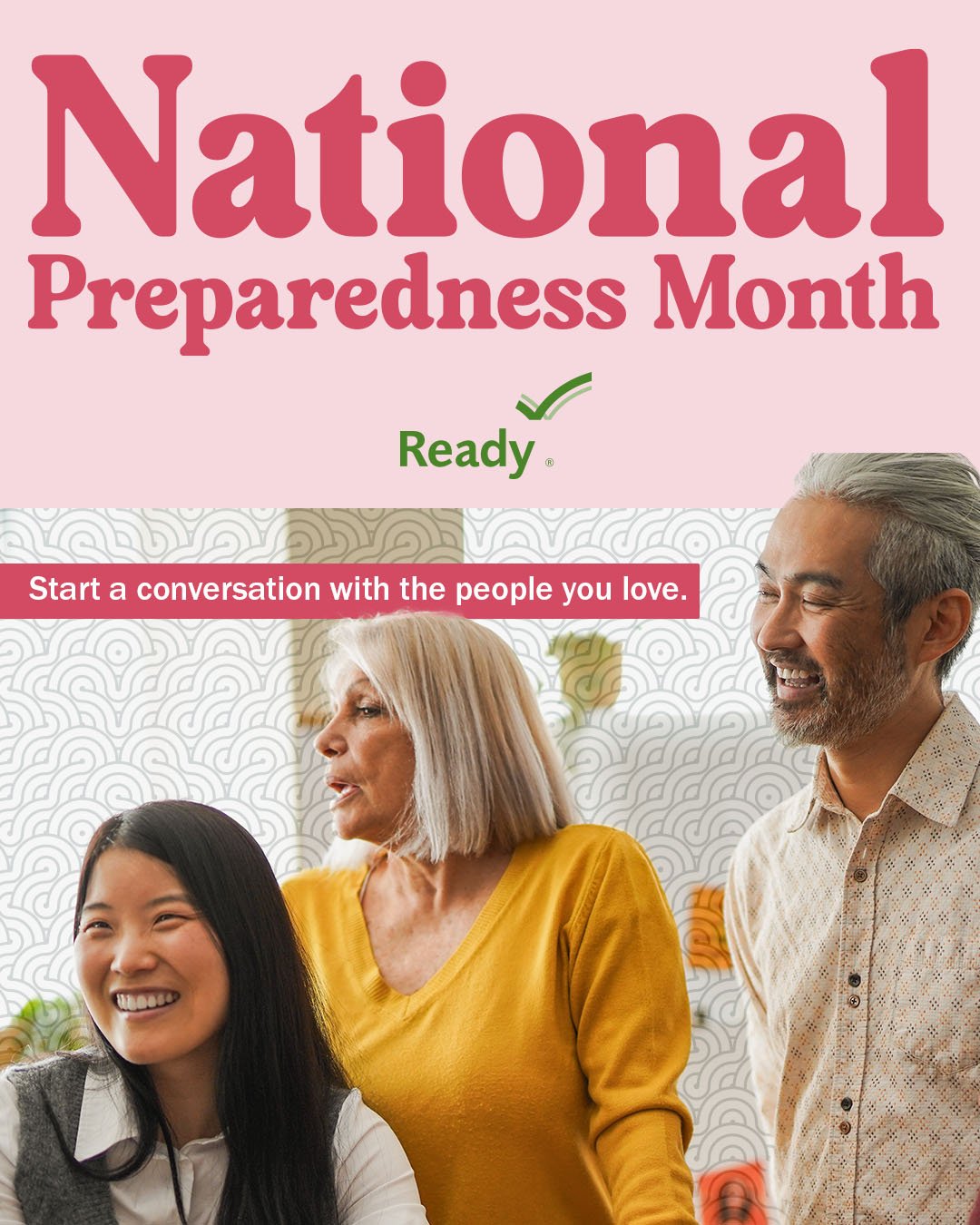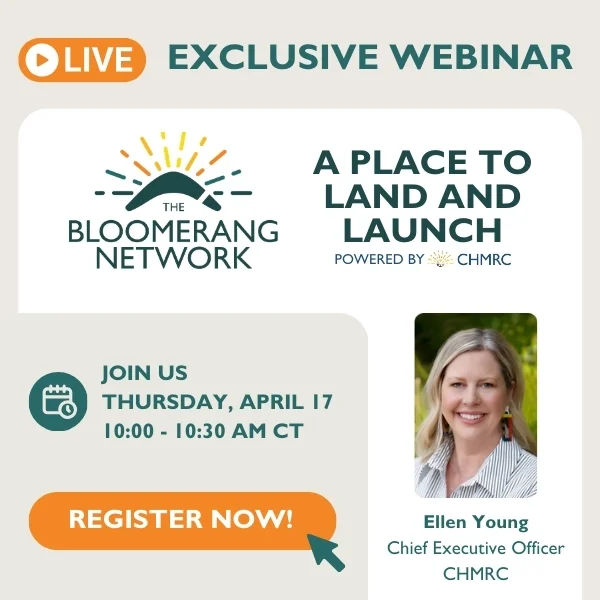
As September rolls around, we’re reminded of the importance of being prepared for the unexpected. This year’s National Preparedness Month theme, “Start a Conversation,” emphasizes the power of open dialogue in keeping ourselves, our families, and our communities safe in times of crisis.
Why Conversations Matter
Emergencies can happen anytime, anywhere. Whether it’s a natural disaster, a health emergency, or an unforeseen event, being prepared can make all the difference. However, preparedness isn’t just about having a plan—it’s about ensuring everyone involved knows that plan and feels empowered to act. This starts with a conversation.
Talking about emergency preparedness may feel daunting, but it’s one of the most effective ways to ensure that everyone is on the same page when disaster strikes. Whether it’s discussing evacuation routes, identifying safe meeting spots, or ensuring that all family members understand emergency contact procedures, these conversations lay the groundwork for quick, decisive action.
Starting the Conversation at Home
Begin with your household. Have a discussion about what to do in case of different types of emergencies—whether it’s a fire, flood, earthquake, or another unexpected event. Here are a few questions to guide your conversation:
- Do we have an emergency kit? If not, what should we include?
- What are our evacuation routes and safe meeting spots?
- How will we communicate if we’re not together when an emergency happens?
- Do we have a plan for our pets?
- Is there anyone nearby, like neighbors or relatives, who may need extra help during an emergency?
By addressing these questions, you’re not only creating a plan but also ensuring that everyone in your household feels confident and prepared.
Extending the Conversation to the Community
Preparedness doesn’t stop at home. It’s equally important to engage with your community. Whether it’s your neighborhood, workplace, or local school, starting a conversation about emergency preparedness can have a ripple effect, encouraging others to take proactive steps as well.
- In the Neighborhood: Organize a block meeting or a virtual chat to discuss community emergency plans. Share resources and identify neighbors who may need additional support during an emergency.
- At Work: Encourage your workplace to review and update its emergency procedures. Discuss the importance of having a clear communication plan in place and ensure that all employees are aware of the protocols.
- In Schools: If you have children, talk to their schools about their emergency preparedness plans. Ensure your kids know the basics—where to go, who to contact, and how to stay safe.
Resources to Help You Start the Conversation
You don’t have to go it alone. There are plenty of resources available to help guide these conversations:
- Ready.gov offers a wealth of information on creating emergency plans, building emergency kits, and staying informed.
- The American Red Cross provides tools and resources for families, communities, and workplaces to prepare for disasters.
- Local Public Health Departments often have specific guidelines and resources tailored to your community’s needs.
Take Action Today
As we observe National Preparedness Month this September, let’s make it a point to start these essential conversations. The time spent discussing and planning now can make all the difference in an emergency. Remember, preparedness is a shared responsibility, and by starting a conversation, we’re all taking steps towards a safer future.
So, don’t wait—start a conversation today. Your safety, and the safety of those you care about, could depend on it.

 The Bloomerang Network
The Bloomerang Network
